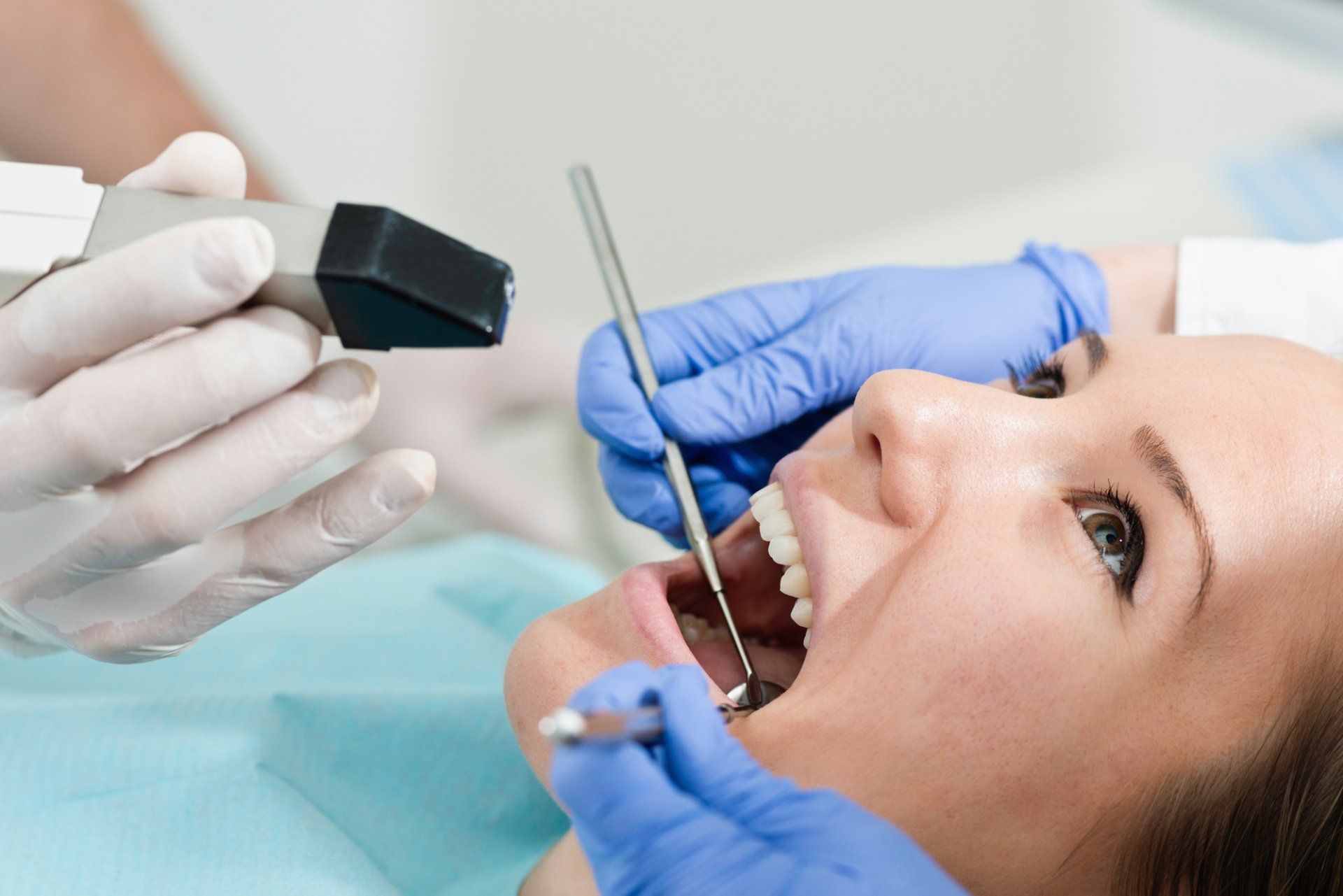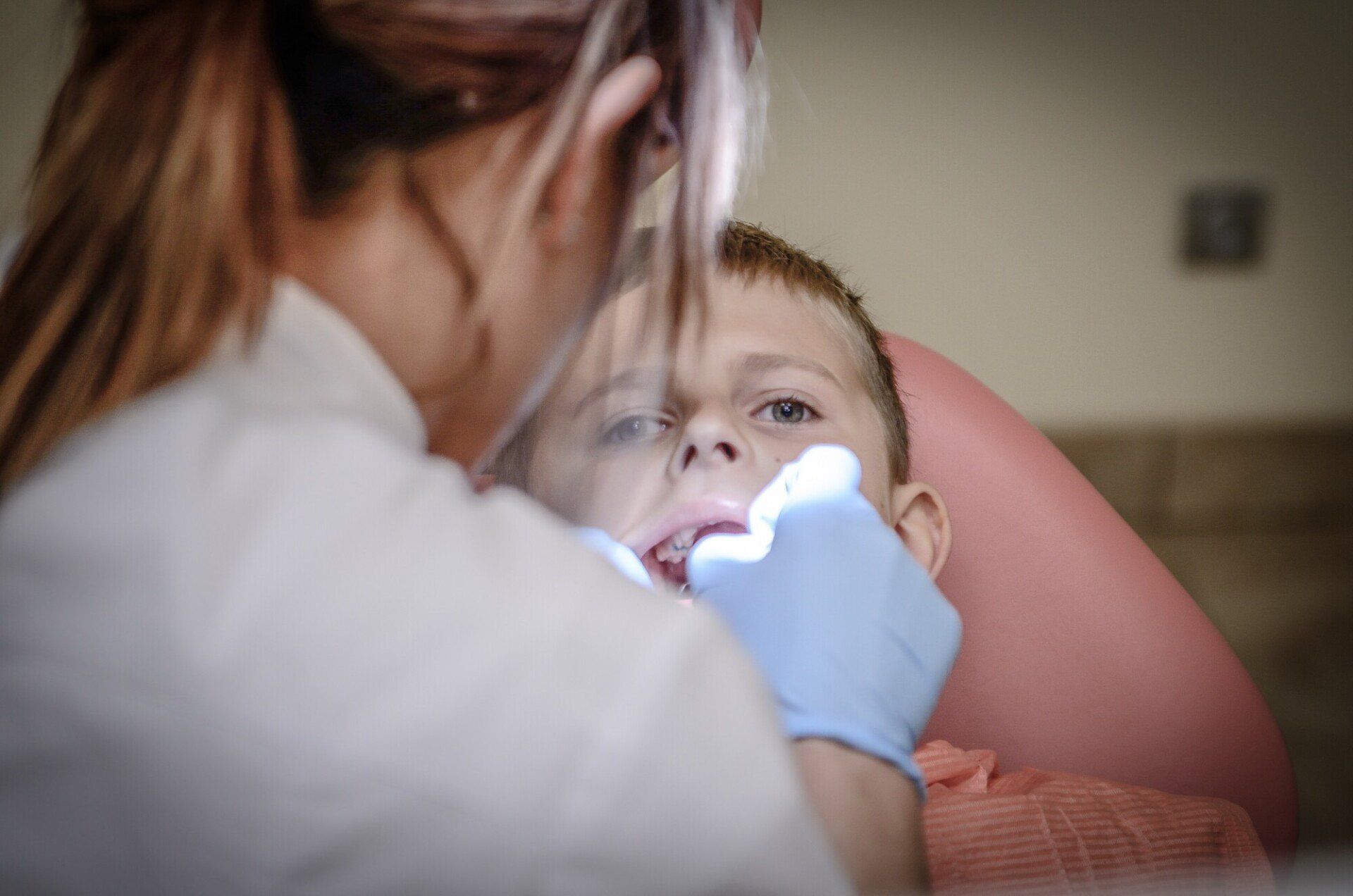How Periodontal Care Can Help With Gum Disease

Did you know that 47.2 percent of adults over the age of 30 have some type of periodontal disease? In addition, that number increases as you get older, with 70.1 percent of adults over the age of 65 having some type of periodontal disease.
But, do you know what periodontal disease is? Periodontal diseases are mainly caused by infections and inflammation of the gums and bones that surround and support your teeth.
The most common and mildest form of periodontal disease is gingivitis. Many of these conditions can be treated and controlled with proper care.
Are you wondering how your Dentist in Peoria, AZ, can help you with gum disease through periodontal care? Keep reading to find out what you need to know.
Understand How Periodontal Disease Progresses
To understand how periodontal care can help with periodontal disease, you must first understand how periodontal disease progresses.
Plaque Forms
When you eat food with starches and sugar, they interact with the bacteria that are normally in your mouth. This causes plaque to form on your teeth.
Plaque Progression
If plaque stays on your teeth, it can begin to harden under your gumline and become tartar or calculus. This is more difficult to remove from your teeth, and it's filled with bacteria.
The longer that tartar and plaque stay on your teeth, the more damage they have the capability of doing it.
Plaque and Gingivitis
Gingivitis gets caused by the inflammation and irritation of the gum tissue that's around the base of your teeth. This is also called the gingiva.
Gingivitis is the mildest form of periodontal disease.
Periodontitis
Once you reach the stage where you have gingivitis, if you don't properly care for it, it can cause problems. As your gum inflammation continues, you can eventually get what's called periodontitis.
Periodontitis causes pockets to develop between your gums and teeth. The pockets fill with plaque, tartar, and bacteria. As those pockets become deeper, they fill with more bacteria.
Untreated this infection can cause you to lose tissue and bone. You also may end up losing teeth. Finally, this chronic inflammation is difficult on your immune system, putting you at risk for other diseases.
The Most Basic Care Starts at Home
Practicing good oral hygiene is the simplest way to prevent periodontal disease, and that starts at home. You can take multiple steps at home for regular periodontal care to prevent plaque buildup.
Brush and Floss Your Teeth
You're told that you should brush your teeth from the time you're a child, and for a good reason. Plaque builds up quickly on your teeth.
However, if you're regularly brushing your teeth, it helps. You should brush at least two times a day for three minutes. You'll want to use a soft toothbrush with fluoride toothpaste.
You should also make sure you're replacing your toothbrush every three months or if it gets frayed sooner. Using an electric toothbrush could also be beneficial to removing plaque and some tartar.
In addition, don't forget to floss. Flossing before brushing your teeth will help eliminate loosened food particles and bacteria.
Regularly brushing and flossing your teeth is the most basic step to preventing and treating mild gingivitis.
Stop Smoking
Smoking doesn't just make your teeth look bad; it also puts you at higher risk for gum disease. Stopping smoking can reduce that risk.
In addition, if you do smoke and get gum disease, it's likely to progress more quickly and be more difficult to heal if you're a smoker. This is because smoking reduces your body's ability to fight off infections and heal.
Other Factors
Caring for your teeth at home doesn't just involve brushing and flossing and stopping smoking. Other lifestyle factors can impact your teeth as well.
If you're trying to keep your teeth healthy, you need to reduce stress, maintain a balanced diet, and avoid clenching and grinding your teeth.
Visit Your Dentist in Peoria, AZ
You can do some great things to help prevent and treat periodontal disease at home. However, visiting your dentist is an essential part of your plan as well.
There are a few things you can get done at the dentist to help prevent and treat gum disease.
Regular Teeth Cleaning
It's easy to forget to schedule your regular teeth cleaning appointment, but regular teeth cleanings are another important step in preventing gum disease.
As plaque turns into tartar, it will build up. Getting your teeth cleaned helps remove the tartar buildup and keep your gums healthy. It can also help with reversing gingivitis.
During an exam, your doctor will also do dental x-rays and check for signs of periodontal disease. Make sure you schedule your teeth cleaning every six months.
Scaling and Root Planning
If you do have periodontal disease, your dentist may recommend other treatments to help. This can include scaling and root planning.
Scaling and root planning is a deep-cleaning but nonsurgical procedure. It's done under a local anesthetic.
In this procedure, plaque and tartar will get removed from above and below your gum line. This is done by scraping it away (scaling), and rough spots on your tooth root get made smooth (planning).
By smoothing those rough spots, bacteria gets removed. This gives your gums a clean surface so they can reattach to your teeth.
This procedure occurs when your dentist sees that there is tartar under your gums that need to get removed.
Dental Surgery
Sometimes, gum disease progresses to the point where you need more intervention that can occur at home or through regular cleanings, or even scaling and root planing.
There are various types of dental surgeries that can get used to help with gum disease. These include:
- Bone grafts
- Soft tissue grafts
- Guided tissue regeneration
- Bone surgery
- Flap surgery/pocket reduction surgery
During flap surgery or pocket reduction surgery, your gums are lifted back, and tartar gets removed. Your gums are then placed back to fit snugly around your teeth and reduce the space that harmful bacteria can grow in.
Other surgeries listed help repair damage and make it harder for harmful bacteria to continue growing in deep pockets that are created by periodontitis.
Make an Appointment With Your Dentist in Peoria, AZ Today
How long has it been since you last got your teeth cleaned? Taking good care of your teeth can help prevent and reverse early gum disease.
Bischoff Family Dentistry is here to help you keep your teeth and gums healthy. We're your dentist in Peoria, AZ. Contact us today to schedule an appointment.










